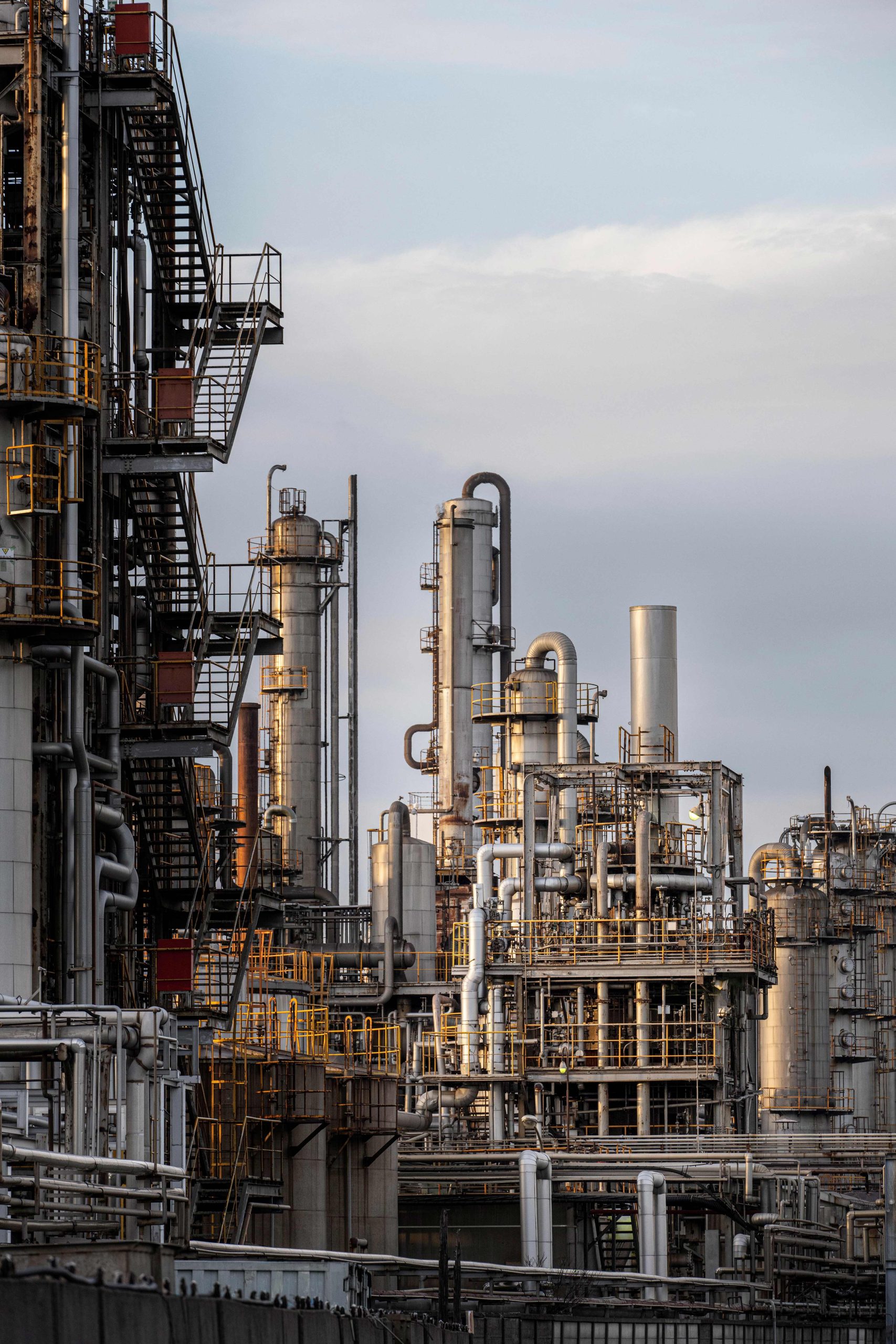Comprehensive logistics support for large-scale construction projects, emphasizing sustainable sourcing and transportation.
Material Sourcing and Delivery:
-
- Efficient sourcing and delivery of construction materials like cement, steel, lumber, and prefabricated components.
- Coordination of just-in-time deliveries to ensure that materials arrive precisely when needed to reduce on-site waste and storage costs.
- Sustainable Sourcing: Preference for suppliers who use eco-friendly or recycled materials. Prioritizing locally-sourced materials to reduce the environmental impact of long-distance transport.
Heavy Equipment Transportation:
-
- Transporting cranes, bulldozers, excavators, and other construction machinery to project sites.
- Logistics for oversized or specialized construction equipment, with special attention to compliance with safety and environmental regulations.
- Sustainability Focus: Use of low-emission or electric vehicles for equipment transport and fuel-efficient ships or rail for long-distance hauls. Encouragement of shared transport methods to reduce carbon emissions.
Waste Management and Recycling Logistics:
-
- Logistics solutions for removing construction waste, including rubble, scrap metals, and packaging materials.
- Reverse logistics for recycling materials from construction sites, minimizing the need for new raw materials and lowering landfill impact.
- Sustainability Practices: Emphasis on recycling and reusing construction waste. Use of eco-friendly disposal techniques that adhere to local environmental laws.
Project Site Support:
-
- On-site logistics management to streamline material handling, equipment staging, and supply chain oversight.
- 24/7 support for large-scale, multi-phase projects, ensuring materials and equipment are delivered on time to prevent delays.
- Eco-Focused Approach: Encouragement of green building practices, from the use of sustainable materials to carbon-neutral transport methods, reducing the environmental impact of the construction process.
Key Features:
-
- Smart logistics planning to reduce downtime and construction delays.
- Integration of green building certifications (e.g., LEED) into logistics services.
- Specialized project management for large infrastructure projects such as airports, bridges, and commercial buildings.



